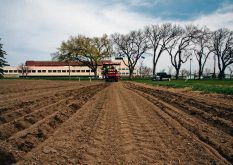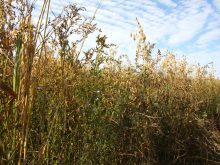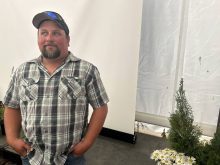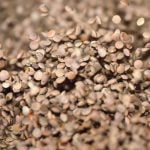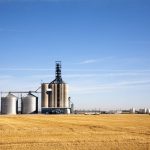Bread-and-butter issues for Prairie farmers top provincial farm associations’ election priorities as the federal campaign nears the home stretch.
Keystone Agricultural Producers, Agricultural Producers Association of Saskatchewan and Wild Rose Agricultural Producers last week listed four main issues they want the newly elected government to focus on after the May 2 election.
The priorities emerged from a meeting of the three groups’ leaders in Winnipeg April 15.
They include: business risk management programs, rail transportation, Canadian Grain Commission fees and the need for an ecological goods-and-services program.
Read Also
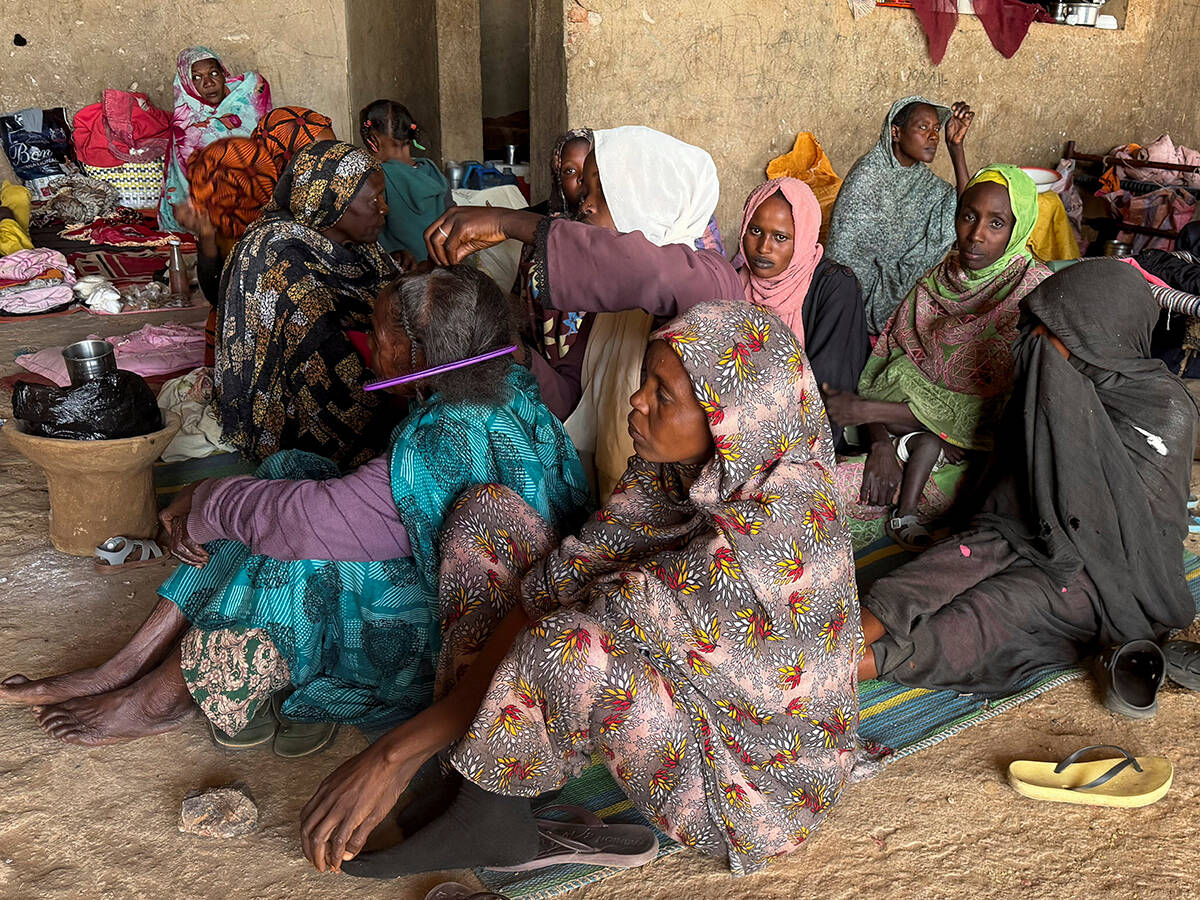
Global humanitarian aid slashed by one-third
Humanitarian aid around the world was cut by a third in 2025 and Canada is one of the culprits.
The need to make BRMs more predictable, timely and adequately funded is high on the list, said Doug Chorney, KAP president.
ADVERTISEMENT
A recent OECD study of farm support programs in five nations found a big difference in the way Canada delivered its programs compared to the four other countries, he said.
According to the OECD study, Canada pays extreme detail to how payments are calculated. Other countries are less concerned about minutiae and more interested in timeliness. As a result, their program payments are delivered more quickly, said Chorney, who farms near Selkirk.
“We’re asking all the political parties to develop more responsive programming.”
KAP, WRAP and APAS also asked parties to make good on giving railway shippers the right to a service level agreement with the railways. That includes penalties for poor performance.
Agriculture Minister Gerry Ritz promised legislation for it earlier this year, following recommendations from a federal panel reviewing rail service.
Farm groups will insist that whichever party is elected May 2 must follow through on that commitment, Chorney said.
“We’re saying we want meaningful implementation of the level-of-service review.”
KAP, WRAP and APAS are also looking for a balanced approach on cost sharing Canadian Grain Commission fees, Chorney added.
CGC is proposing big hikes in service fees in a move toward full cost recovery. Chorney said KAP is open to discussing the idea but “we don’t feel that farmers should pay the entire cost on their own.”
A CGC discussion paper last year said the agency wants to recover 100 per cent of its annual budget increase from user fees.
KAP feels it’s reasonable to help pay for public benefits deriving from CGC programs such as food safety and market development. But fees for grain inspection at elevators and terminals should be cost shared 60:40 with Ottawa picking up the larger tab, Chorney said.
He said farm groups continue to push for a publicly funded ecological goods and services program such as Alternative Land Use Services pioneered by KAP. Following a pilot project in western Manitoba, ALUS is now largely dormant with no further funding from either Ottawa or the province.
Chorney said KAP will increase its regular radio spots and newspaper commentaries during the rest of the campaign urging farmers to attended local candidates’ meetings and ask questions about agriculture. [email protected]
———
“We’reaskingallthepoliticalpartiesto developmoreresponsiveprogramming.”
– DOUG CHORNEY,
Kap





